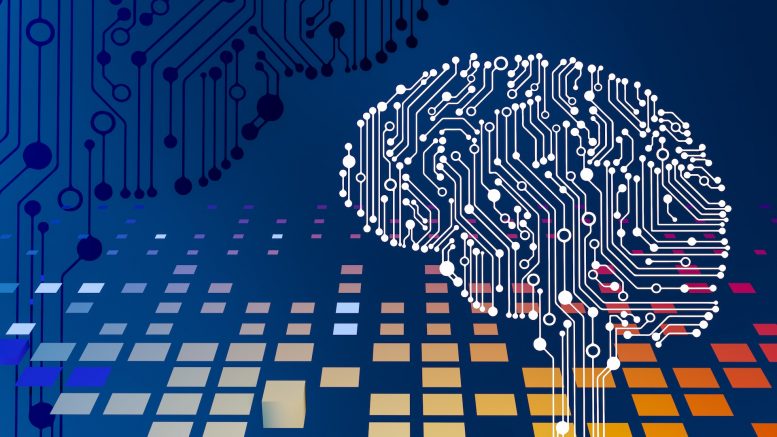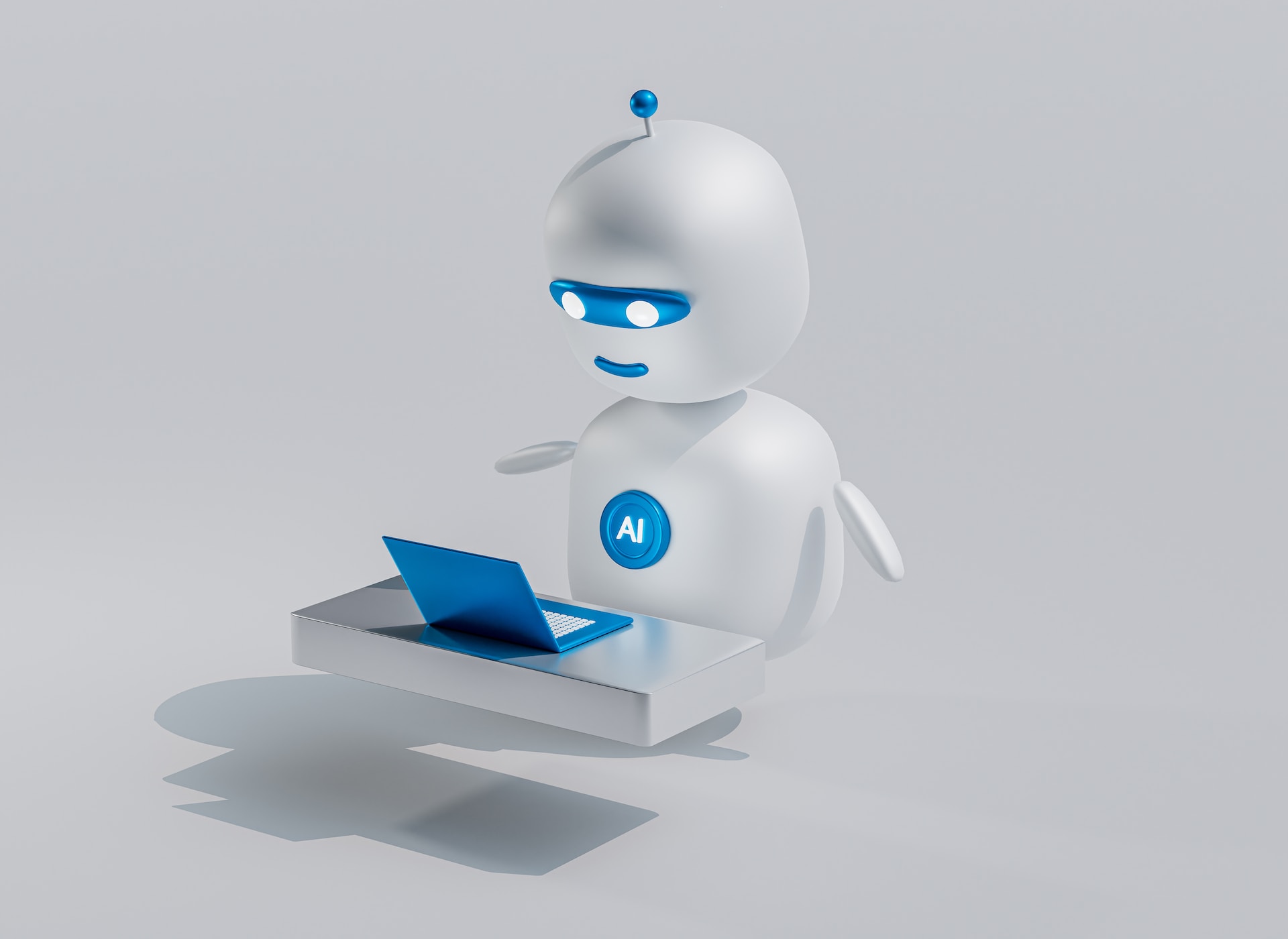n an age where artificial intelligence (AI) is increasingly integrated into various aspects of life, the threat posed by biased algorithms is becoming a pressing concern. This is the central argument of a new book examining the relationship between AI, racism, and sexism. The issue is not just about bad data leading to poor outcomes; it’s about how these biases can actively suppress vulnerable sections of society, particularly minorities and women.
The Root of Bias in AI
AI algorithms require data to learn and improve their functionality in tasks like job screening or mortgage underwriting. However, this training data often mirrors real-world biases. For instance, if most people in a job role are male, the algorithms might favor men in job applications. Such biases are a legacy of historical prejudices that continue to permeate our society and technology.
Examples of AI Discrimination
The book highlights several instances where AI has failed minorities:
- Face recognition software has more frequently misidentified people of color, leading to wrongful arrests.
- In the criminal justice system, software has inaccurately predicted higher recidivism rates for black offenders.
- Healthcare algorithms in the US have made erroneous decisions, often underestimating the health needs of black patients compared to white patients with similar conditions.
- Mortgage approval algorithms have facilitated the denial of loans to minority populations based on biased data sets.
The Illusion of AI Objectivity
There’s a common misconception that AI, being a machine, is inherently unbiased. This belief is further fueled by the tech industry’s narrative, often echoed by figures like Elon Musk, Mark Zuckerberg, and Bill Gates. However, this perceived objectivity of AI masks the deeper issues of accountability and ethics in technology.
Legal and Ethical Challenges
The book raises critical questions about who is responsible for AI’s mistakes and whether individuals can seek compensation for algorithmic discrimination. The complexity of AI systems challenges traditional legal frameworks built on human accountability, blurring the lines of responsibility in cases of discrimination.
Systematic Racism and AI
Racism, historically used to structure society and enforce hierarchies, now finds a new medium in AI. Biased algorithms can perpetuate and even exacerbate these societal divides.
Ethical and Legal Vacuum
As technology rapidly advances, it outpaces legislation, creating an ethical and legal void. This gap is often exploited, and the anarchic nature of the current AI landscape poses risks to privacy and fundamental human rights.
The Need for Legislation and Awareness
The author calls for a concerted social movement to support legislation that protects privacy and codifies the ownership of personal data as a human right. Educating the public about AI’s impact is crucial for planning and directing the future of AI in a manner that harnesses its potential for good while safeguarding against its risks.
Conclusion
As AI continues to shape our world, understanding and addressing its biases is crucial. The book underscores the need for proactive measures to ensure AI’s ethical and beneficial use, calling for legislative action and public awareness to navigate this new digital frontier responsibly.
©unityus.org


